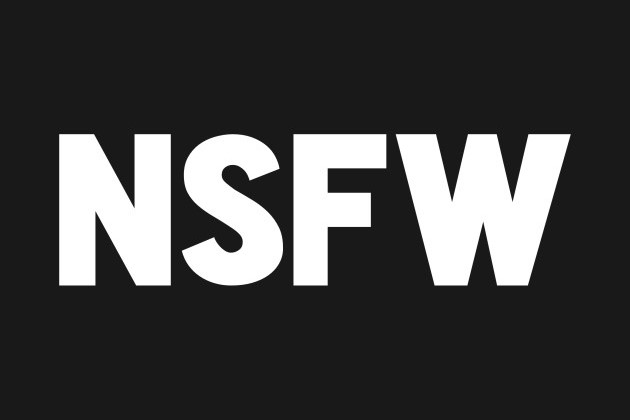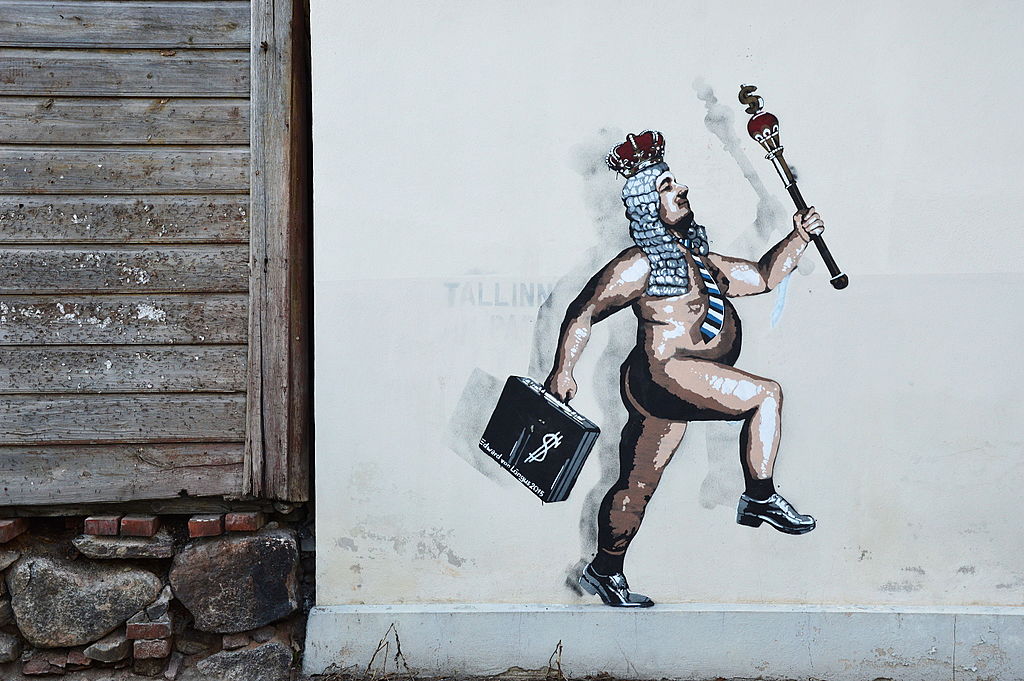Is crowdsourced funding supposed to be democratic? Should decentralized economies have equitable governance? In an ideal world, the answers may be yes, but in reality democracy is rare even in the crypto world. Instead, the current state of affairs for token economies is oligarchy. The implications for ICO stakeholders are real.
A report from ICORating indicates that the top 100 token holders almost always (96% of the time) own a majority of outstanding tokens. The top 10 holders retaining a majority of 79% of the time and 56% of tokens have only three addresses accounting for 50% of tokens. In other words, 359 of the 656 smart contracts evaluated have three entities controlling at least half of the economy. The oligarchs of these economies may promise to be benevolent, but there is no guarantee they will be so in the future. In fact, according to analysis of the top 50 grossing ICOs in 2017, at least 34 of their white papers do not mention how future decisions will be made, and seven have founders retaining control through code that permits modification of the token’s governing structure.
ICO due diligence needs to look at governance and token distribution.
The technolibertarian vision of democratic investing is hurt by the rise another trend. Today, many ICOs only allow accredited investors to participate in token sales. Adding insult to injury, many tokens are doing pre-ICOs that by their very nature are limited to a smaller group of insiders, institutions and high net worth individuals. To be fair, early stage investments are risky and perhaps should not be open to everyone. Based on their existing mandates, regulators are right to be concerned about allowing retail investors to participate.
A former writer for Strategic Coin, John Creasy, believes that venture and institutional investors moving into the space and will lead to a situation where “only a few experienced and well-connected elites, such as AngelList, have any chance at a good ROI.” The net result is may be that innovation is stifled and retail investors are left on the sidelines.
Another report from ICORating looked at the concentration of ownership among the top 100 Ethereum token holders based on analysis of etherscan.io/tokens. Incredibly, 0xProject, Basic Attention Token and OmiseGO are owned by over 50 of the 100 top token holders. Another seven tokens have more than 30 of the top token addresses. On a positive note, the top token holders do not in general have controlling ownership stakes in these tokens. Only two of the 60 tokens have more than ten percent of its money supply held by the top accounts.
The above statistics hint to the possibility of group think in the investing community. Many of the diversified investors in these tokens may be crypto funds. If this is the case, then they appear to all have similar buying criteria. That is a generous explanation. What’s yours?
Originally published on Strategic Coin, a website that is no longer operational.



